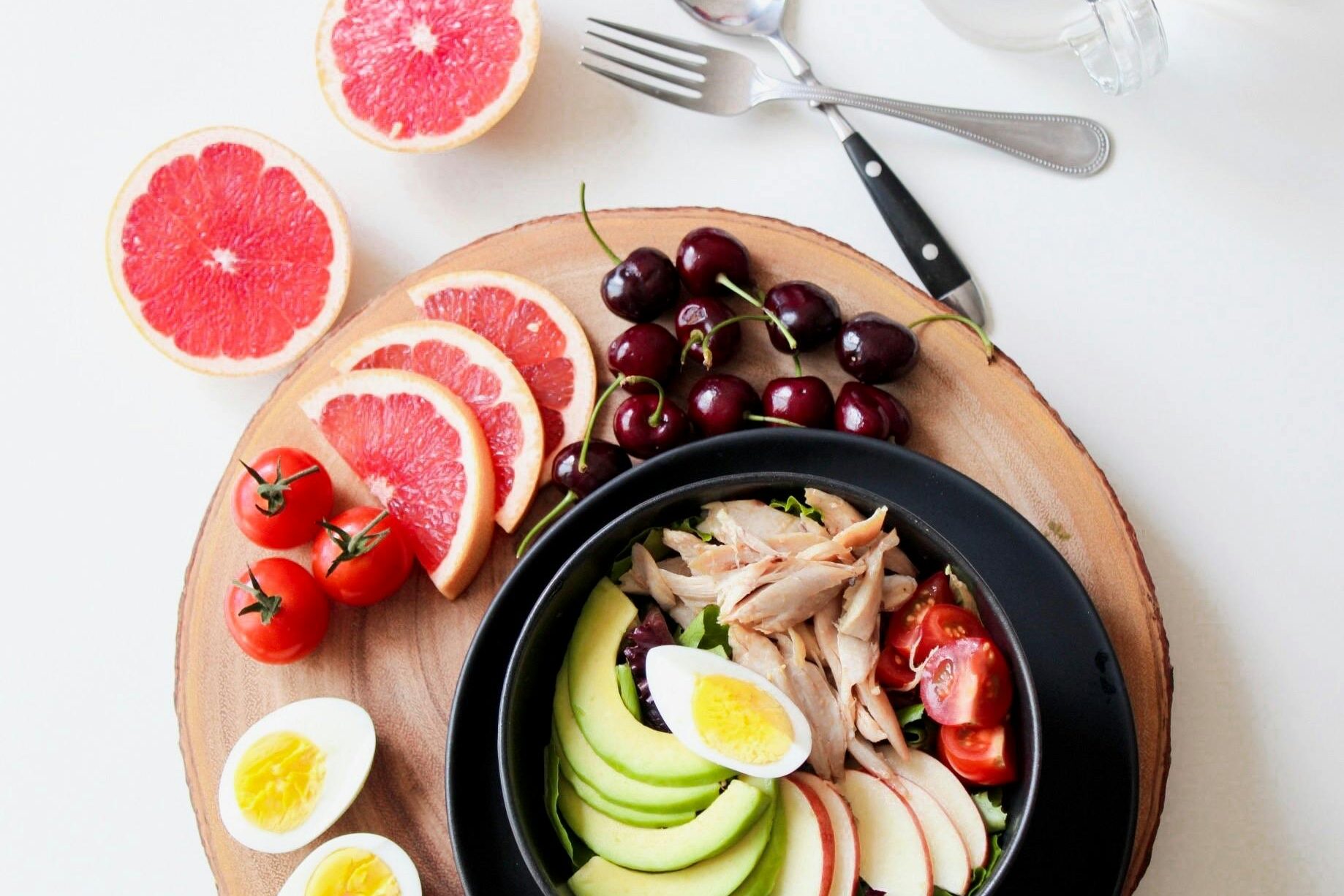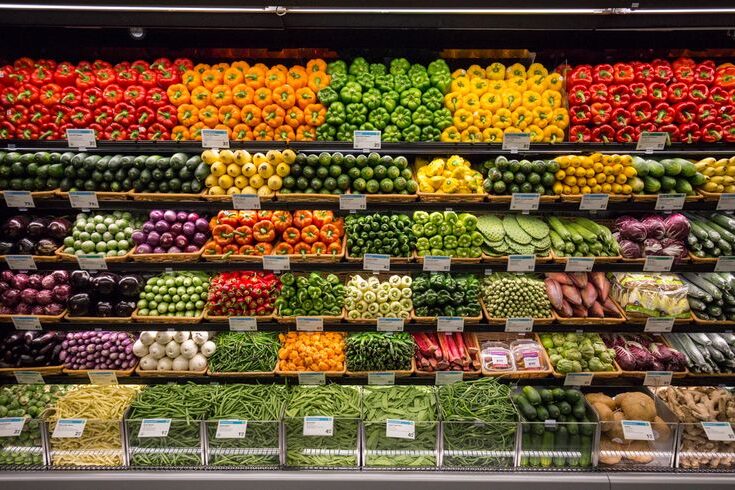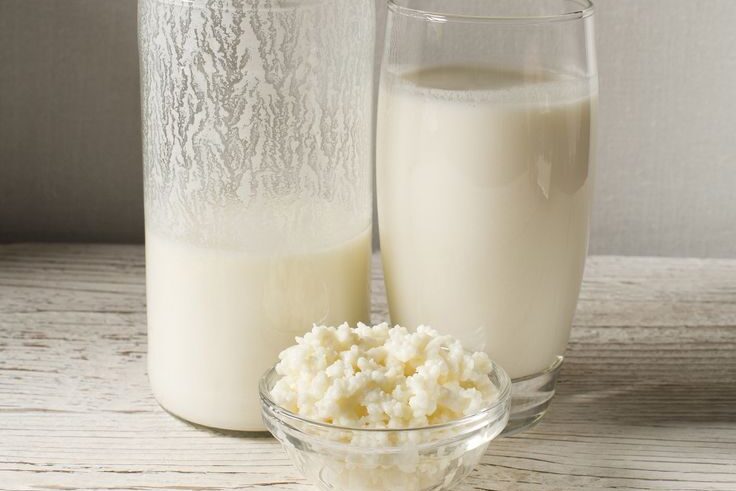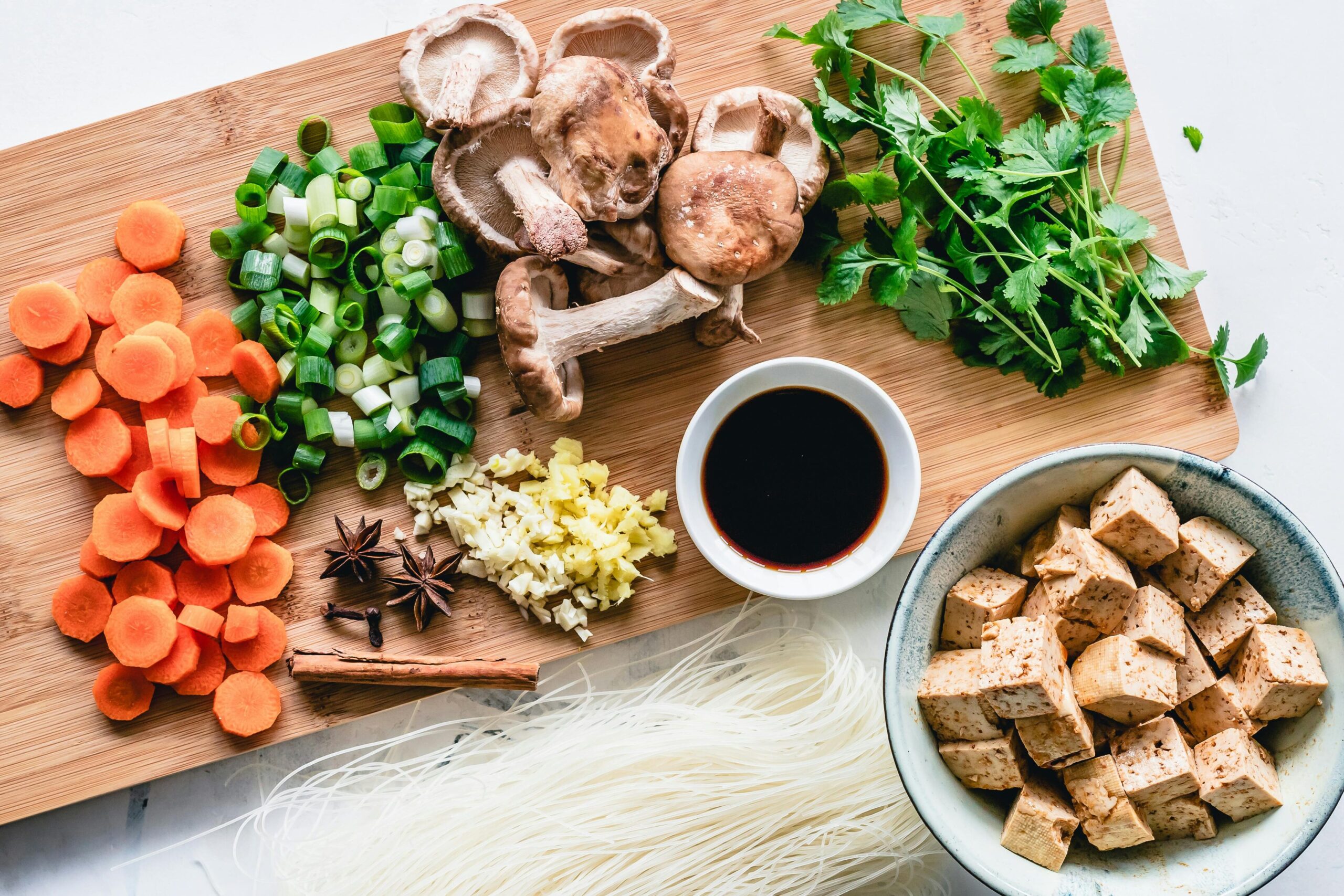Why Ancestral Diets Are Trending, And What Science Says About Them

Lately, there’s been a serious buzz about going back in time. Not to wear corsets or churn butter, but to eat the way our great-grandparents did. Think real butter, homemade broth, and veggies that didn’t come in plastic. It’s not just nostalgia. It’s a health-driven shift powered by concerns about ultra-processed food, rising chronic illnesses, and the desire to feel better overall. But is rewinding our diet clock actually worth it? The answer might surprise you and possibly change the way you shop forever.
1. Less Processed, More Nourishment

One major reason people are eating like their ancestors is to avoid ultra-processed foods, which have been linked to obesity, heart disease, and gut issues. Diets from a century ago prioritized whole ingredients like homegrown vegetables, naturally fermented foods, and animal fats such as lard and tallow. Studies, such as one published in The BMJ, show that eating more minimally processed food reduces the risk of chronic disease significantly. It’s not about perfection but purpose, eating for real nourishment instead of convenience. For many, the switch comes with clearer skin, more energy, and fewer trips to the doctor.
2. You’re Eating Fewer Hidden Chemicals

Old-school diets don’t come with a side of preservatives, artificial colors, or flavor enhancers. Today, many people unknowingly eat dozens of additives every day. Many of these are still under investigation for long-term effects. Avoiding them means shopping the perimeter of the grocery store, cooking from scratch, and reading labels like a detective. A study in Environmental Health Perspectives showed that eating home-cooked meals and avoiding packaged foods drastically reduces exposure to phthalates and BPA, hormone disruptors often found in food packaging. Great-Grandma never had to worry about those.
3. Blood Sugar Stability Without the Drama

Eating like your great-grandparents means skipping the sugar highs and crashes caused by today’s refined carbs and sweetened everything. Before processed snacks dominated pantries, people ate simple meals with more fiber and healthy fats, which naturally slowed sugar absorption. This helps maintain steadier energy levels and lowers the risk of type 2 diabetes. Research from Harvard’s School of Public Health confirms that diets rich in whole foods like leafy greens, legumes, and whole grains have a powerful effect on insulin sensitivity. The kicker? You feel full longer and avoid that afternoon crash.
4. It’s Surprisingly Budget-Friendly

Contrary to what you might expect, eating like Grandma doesn’t have to break the bank. Back then, people relied on seasonal produce, bulk dry goods, and home-cooked meals. These strategies are still cost-effective today. Instead of buying expensive cereal boxes, think oats, potatoes, beans, and rice. Many who make the switch find they spend less overall by skipping packaged foods and impulse snacks. The USDA reports that a healthy home-cooked meal is still cheaper than processed fast food over time. It might take more effort, but your wallet and your waistline will thank you.
5. Gut Health Gets a Real Boost

Traditional diets often included fermented foods like sauerkraut, kefir, yogurt, and sourdough bread that naturally supported gut health long before probiotics became trendy. Today’s Western diet is high in sugar and additives that harm gut flora. Experts now believe a balanced microbiome plays a vital role in mood, immunity, and digestion. Going back to basics helps restore that balance. A study found that people who increased fermented foods saw a rise in microbiome diversity and a decrease in inflammation. Old-school eating isn’t just comforting, it’s quietly therapeutic for your entire system.
6. Emotional Comfort Has a Role Too

There’s something deeply comforting about cooking the way your elders did. Recipes passed down through generations carry emotional weight like memories, family, and culture. This type of eating taps into that longing for simpler times, offering not just physical nourishment but emotional grounding. Mental health professionals have pointed out that nostalgia-driven habits such as preparing traditional meals can reduce anxiety and foster a sense of continuity. In a chaotic world, a bowl of real chicken soup might be the most healing thing on your table.
7. Meal Prep Becomes a Form of Self-Care

Modern life is fast and food has become fuel. But when you take the time to prepare meals from scratch using whole ingredients, it slows you down in a good way. Chopping onions and simmering sauces becomes meditative. Many people who embrace ancestral eating say cooking has become their daily mindfulness ritual. Researchers have found that mindful eating not only improves digestion but can lead to better food choices and improved mental well-being. Turns out, making soup from bones isn’t just old-school. It’s a modern mental health hack.
Have you tried eating like your great-grandparents? What’s one old-school food habit you swear by or want to bring back? Share your thoughts in the comments and let’s build a table full of stories, recipes, and inspiration from the past that can shape a healthier future.


